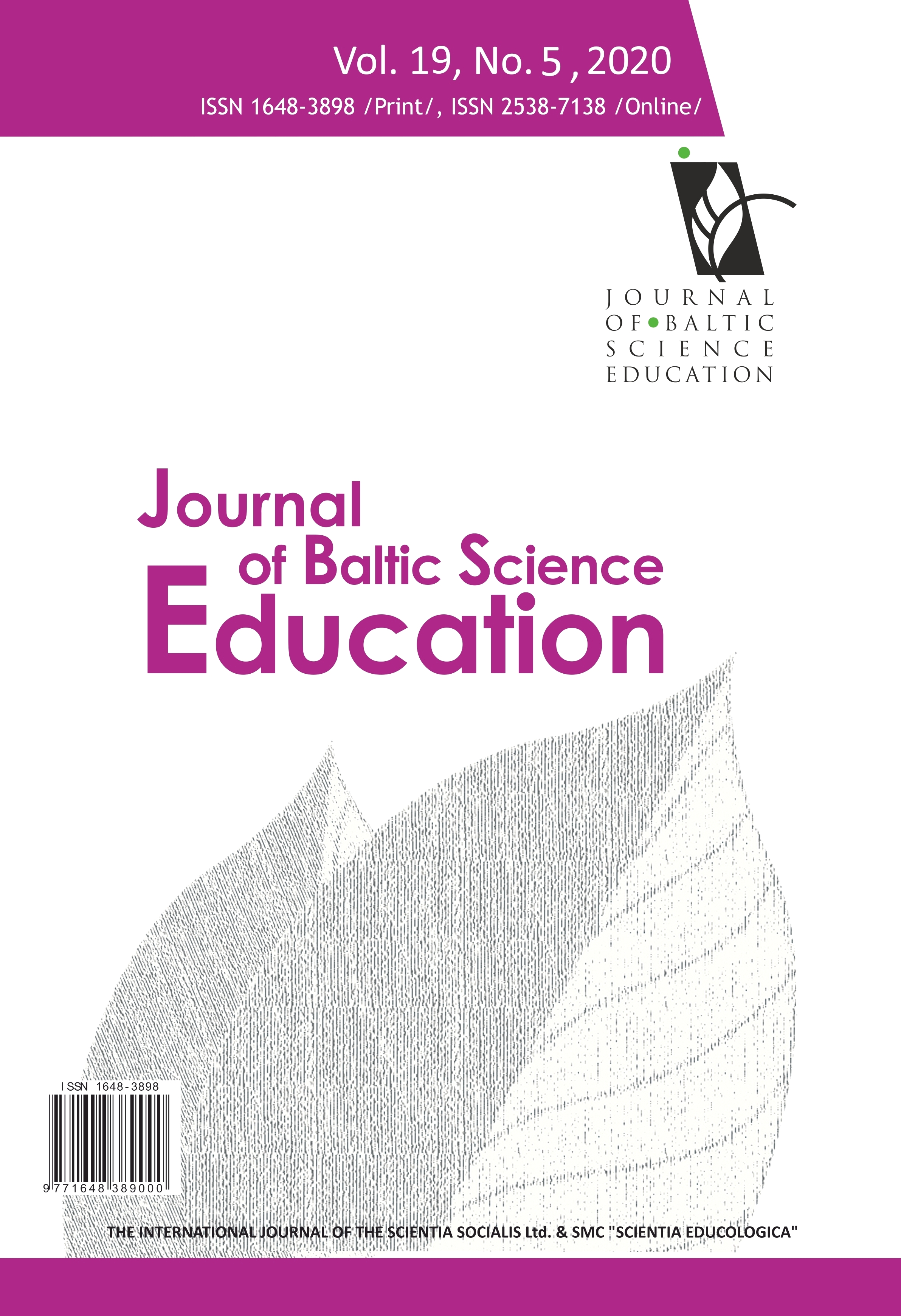EXPLORING RELATIONS AMONG PRE-SERVICE SCIENCE TEACHERS’ MOTIVATIONAL BELIEFS, LEARNING STRATEGIES AND CONSTRUCTIVIST LEARNING ENVIRONMENT PERCEPTIONS THROUGH UNSUPERVISED DATA MINING
EXPLORING RELATIONS AMONG PRE-SERVICE SCIENCE TEACHERS’ MOTIVATIONAL BELIEFS, LEARNING STRATEGIES AND CONSTRUCTIVIST LEARNING ENVIRONMENT PERCEPTIONS THROUGH UNSUPERVISED DATA MINING
Author(s): Sevgi Kingir, Bilge Gok, Ahmet Selman BozkirSubject(s): Education, School education
Published by: Scientia Socialis, UAB
Keywords: constructivist learning environment; data mining; learning strategies; motivational belief; pre-service science teacher;
Summary/Abstract: Educational data mining is a developing research trend for exploring hidden patterns and natural associations among a set of student, teacher or school related variables. Discovering profiles of preservice science teachers using data mining methods would give important information about quality of teacher education programs and future science teachers’ performance. The aim of this research was to describe characteristics of preservice science teachers and to explore the relations among their motivational beliefs, learning strategy use, and constructivist learning environment perceptions. Participants included 480 preservice science teachers in their final semester of the teacher education program. Data were gathered using Demographic Questionnaire, Motivated Strategies for Learning Questionnaire, Achievement Goal Questionnaire and Constructivist Learning Environment Scale. Findings of clustering analysis revealed gender as a discriminating factor between the obtained two natural groups. Preservice science teachers’ characteristics including background characteristics, motivational beliefs, strategy use and constructivist learning environment perceptions were grouped into two clusters, namely males and females. Moreover, the association rules mining analysis revealed strong relations among preservice science teachers’ motivational beliefs, learning strategy use, and constructivist learning environment perceptions. This research provided many important findings that can be useful for further decision-making strategies.
Journal: Journal of Baltic Science Education
- Issue Year: 19/2020
- Issue No: 5
- Page Range: 804-823
- Page Count: 20
- Language: English

